Imagine being at your desk, in a state of flow, when suddenly, a ping from your phone shatters the silence. It's a non-urgent message, yet you reply. With your phone in hand, a brief detour through your social media channels now seems logical. Back to the screen and you may as well check in with the email situation. Before you know it 30 precious minutes have vanished!
Sound familiar?
If you want to maintain focus and productivity on the priority tasks, this week's Architect’s Leadership Journal question: How Can I Manage Interruptions Better? is an essential one to reflect on.
It may feel impossible to always avoid interruptions - and it’s not always necessary. A helpful way to increase productivity and well-being is to differentiate between valid and invalid interruptions.
Valid interruptions are intrinsic to your job or otherwise unavoidable. Here are some examples:
Addressing questions from interns, ensuring their ease in approaching you.
Dealing with site queries is vital for staying updated on important project matters.
Invalid interruptions, on the other hand, are distractions you don't have to deal with right away or at all:
Receiving calls from friends to make weekend plans.
Being constantly pulled away by social media notifications.
The key to managing these interruptions is about finding strategies that will help you minimise the occurrence and mitigate their impact when they do happen. Here are five tips:
Practice Self-Awareness: Maintain an Interrupters Log to track interruptions, including who or what caused them, how long you were interrupted for, the nature of the interruption, urgency, and validity. This data will help anticipate queries or establish firmer boundaries for contact.
Utilise Routine Meetings for Non-Urgent Issues: Encourage colleagues to hold onto non-urgent matters for scheduled meetings, ensuring focused discussion.
Manage Your Calendar Effectively: Use your calendar for more than meetings. Allocate time for priority work, signalling unavailability to others and safeguarding your focus. Budget in time for interruptions to prevent conflicts with crucial tasks.
Optimise Tech to Reduce Distractions: Customise device settings to minimise notifications and physically distance yourself from distractions during priority tasks.
Set Clear Boundaries: Politely communicate your availability and set parameters for discussions (e.g. “I will have 15 mins, at 2pm.”)
My favourite interruption minimiser is an app called Brain.fm, which combines music and neuroscience. It alters your brainwaves into the state you need, such as deep focus, creativity, or relaxation.
By being self-aware, reflecting on your behaviours that might cause interruptions, and making adjustments, you can handle interruptions better, increasing productivity and well-being at work.
PS: This article is part of an email series explaining the weekly leadership questions in the Architect’s Leadership Journal. Why I included it, and how you can think about it. You can join this email series here.


